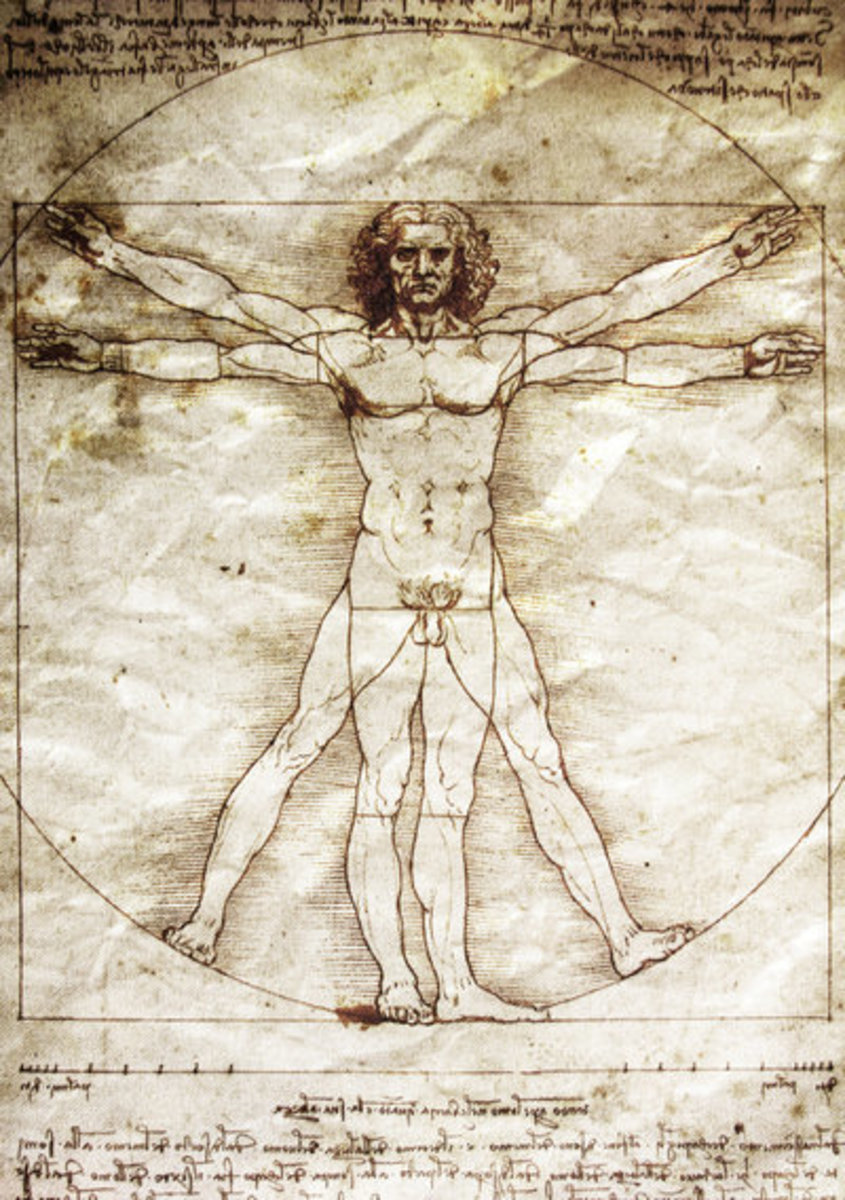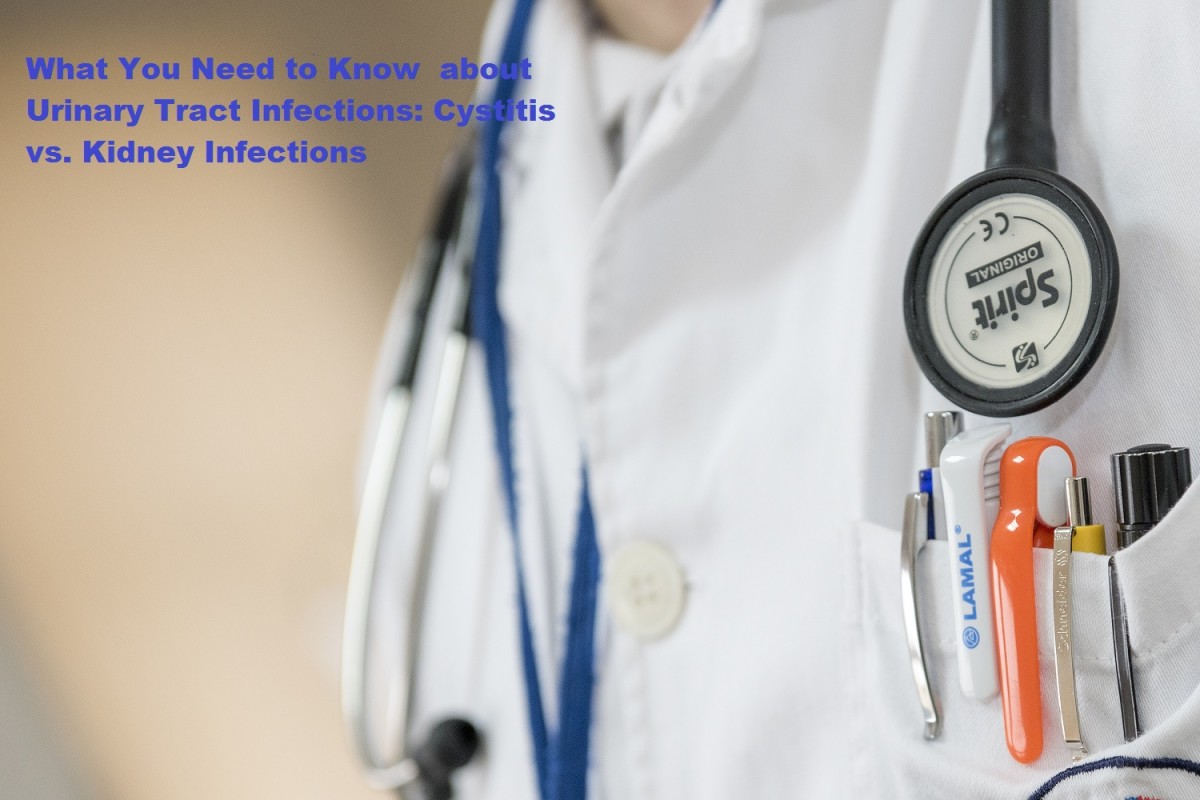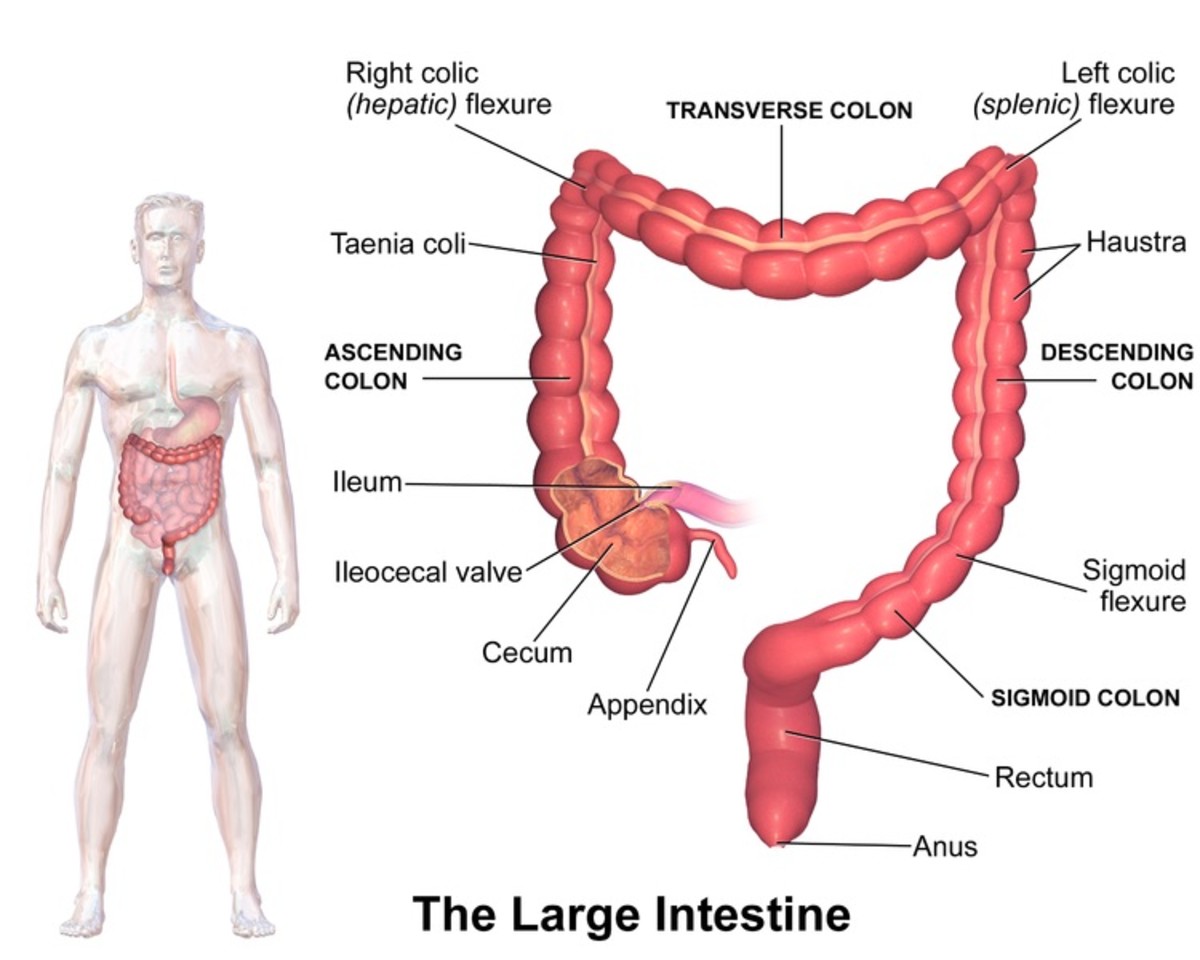Enlarged Prostate
After the age of 40, many men are diagnosed with benign enlarged prostate –benign prostatic hyperplasia-. Symptoms include an increased need to urinate and a decreased force in the urine stream.
Most prostate enlargement is caused by hormonal changes associated with aging. Dietary changes and herbal remedies are often effective treatments for enlarged prostate symptoms. As with all medical conditions, see your doctor for an accurate diagnosis. Blockage from prostate enlargement may cause repeated urinary tract infections and gradually result in bladder or kidney damage.
Being ignorant about prostate trouble will prevent you from understanding some of the signs and symptoms that would have warned you early on before the disease spreads to the rest of the body. Please DO take the time to learn as much as you can about the condition.
- Understanding Your Body: What Is Your Prostate?
The prostate is part of a man's reproductive system. The prostate gland is the size of a walnut. It is found in front of the rectum and just below the bladder, which stores urine. The prostate makes some of the milky fluid that carries sperm.
Enlarged Prostate Symptoms
Many men with an enlarged prostate have no symptoms. If symptoms are present, they can include:
- A weak stream of urine.
- Difficulty starting urination.
- Dribbling and/or leaking of urine after urinating.
- A sense of not fully emptying the bladder.
- Painful ejaculation.
- More frequent urination.
- Disrupted sleep - you wake up with the urge to urinate
- Sometimes blood in the urine.
Delicious Pumpkin seeds
Change your diet to reduce a benign enlarged prostate
Eat helpful fats. A diet rich in cholesterol and fat increases the production of a hormone which stimulates prostate growth. Eat a healthier diet; reduce all the saturated fats, hydrogenated fats and polyunsaturated oils in your daily diet. Add some healthy fats like virgin olive oil, raw nuts and seeds, avocados and oily fish such as salmon to your daily menu.
Start eating pumpkin seeds for a healthy prostate. Pumpkin seeds are an specially rich source of zinc, an essential nutrient for maintaining healthy prostate function. A cup of pumpkin seeds a day can make a difference and they are a healthy and tasty snack.
Take Saw Palmetto, a herb that alleviates prostate enlargement by blocking the formation of the hormone which stimulates prostate growth. It takes about six weeks of continual use to see any changes.
Drink plenty of water to flush the bladder of problem causing bacteria and help prevent urinary tract infections.
- Tomatoes And Prostate Health
More and more medical studies indicate that the antioxidants in vegetables, particularly tomatoes and broccoli, can lower prostate cancer risk, while foods with animal fats increase risk. While ongoing studies are still assessing the value of ...
Exams and Tests:
For African-American men and men with a family history of prostate cancer, it is recommended that tests be given starting at age 40.
- A physical exam is required to see if other medical problems may be causing your symptoms. The doctor will conduct a digital rectal exam to examine the prostate gland.
- Your doctor may check your urine for blood or signs of infection and for a prostate-specific antigen level - a screening test for prostate cancer.
- To rule out cancer, your doctor may recommend a PSA blood test. The amount of PSA, a protein produced by prostate cells, is often higher in the blood of men who have prostate cancer.
Chlamydia Test
- Chlamydia test for men
A new urine test has been developed with funding from the Wellcome Trust to allow doctors to diagnose Chlamydia infection in men within the hour, improving the ability to successfully...

Men's Health HubMob
- Foods to increase testosterone
Testosterone is a male hormone which plays a vital role in a man’s health and sexuality. Its production is dependent on zinc and vitamin B and although it is not found directly in the food we eat, certain... - Increase Virility Naturally with Testosterone
Low testosterone levels decreases libido, increases the loss of muscles and bone density but most importantly, it increases the risk of cardiovascular disease. Between 8-12 million men have low or borderline low testosterone levels and 95% of them do
HubChallenge day 19











